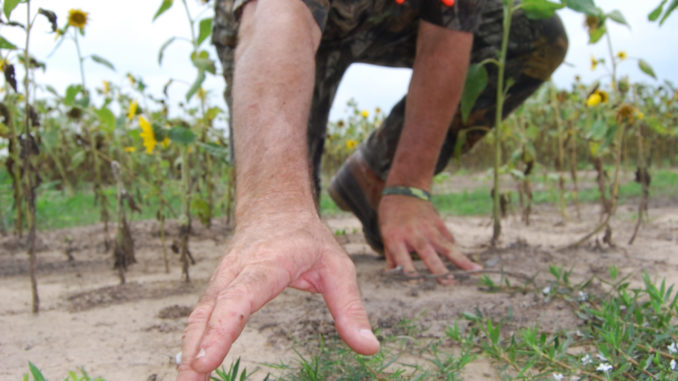
Ask questions to avoid running afoul of baiting laws, LDWF says.
Every September, you can take to the bank someone will get busted for shooting doves over a baited field. Not only is this illegal, but it also gives the entire hunting community a black eye.
There are things hunters should look for, according to Louisiana Department of Wildlife and Fisheries Enforcement Division Capt. Len Yokum.
“What they need to do first, when they go to a place, is ask the farmer or whoever is running the field if it’s baited,” he said. “Because when you get into court, the federal magistrate usually asks, ‘Hey, did you ask if the field was baited? Did you look to see if the field was baited? Did you know the field was baited?’ That’s usually the top three questions, so ask the farmer if it is baited.”
Yokum also says to walk around and look to see if anything looks out of the normal. Farmers are allowed to do whatever the normal agricultural process is for that time of year for doves.
“Whatever the cooperative extension agent states — they have a date when to plant, they’ve got an amount of feed to put in the ground — you have to follow that,” Yokum said. “Usually when you bush hog it, it kind of scatters seed a little bit and that’s normal. It’s easy to do it legally. But what a lot of people have the problem with is they go out there and put the browntop out and then they come back later and add to it. That’s not normal. You can put it out the first time as a crop as long as it’s done in the recommended time frame, but you don’t come back and add to it. That’s where a lot of people mess up — when they come back and add to it.”
Editor’s note: This article is part of the Rice-land rockets feature in the September issue of Louisiana Sportsman. Digital editions can be downloaded right to your computer or smartphone.
Be sure to subscribe to ensure you don’t miss a single information-packed issue of Louisiana Sportsman.


